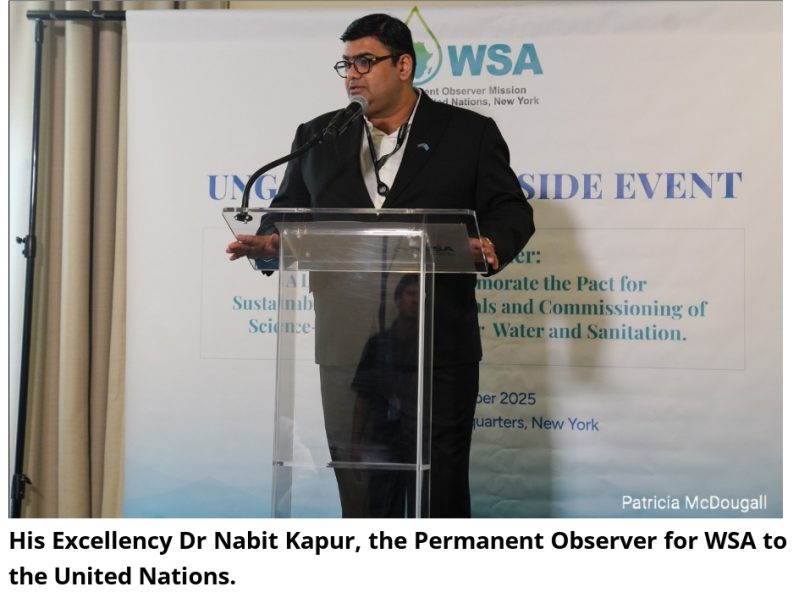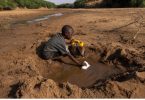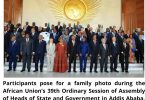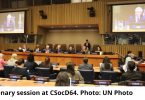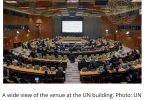Amidst the diplomatic flurry of the 80th session of the United Nations General Assembly, the Permanent Observer Mission of the Pan-African Intergovernmental Agency for Water and Sanitation to the United Nations ((WSA) hosted a landmark side event, championing the UNGA’s theme, “Better Together,” to address one of the world’s most pressing challenges: access to clean water and sanitation.
The event served as the official launchpad for a new “Pact for Sustainable Development,” a strategic initiative designed to leverage science-based solutions to achieve the ambitious targets of Sustainable Development Goal 6 (SDG6).
The gathering brought together a diverse assembly of ministers, ambassadors, academics, and civil society leaders from different nations, all converging with a shared sense of urgency to forge a new path forward on water justice, particularly for the African continent and other developing regions.
Setting an Energetic Tone for Urgent Action
The event’s moderator, Dr Deon Bannister,, immediately set a dynamic and engaging tone, breaking through the typical diplomatic formality. “One hand can’t clap,” he declared, using a simple yet powerful analogy to underscore the day’s theme of collaboration. “You need two hands in order to clap. And this is what us being here today is all about: being able to come together whereby we can have this fruitful discussion and be able to make an impact.”
His lively moderation, which included polling the delegates from the continents represented in the room and good-naturedly encouraging audience participation, created an atmosphere ripe for the candid and constructive dialogue that followed. Advisors to Permanent Observer,Dr Ada Ezoka and Mr Raul Handa welcomed the delegates, emphasizing that the time for mere conversation was over.
“We ask you to come and join us in this ‘Better together’ initiative to help us… come up with a resolution on how to help the office… on access to clean water and sanitation.”
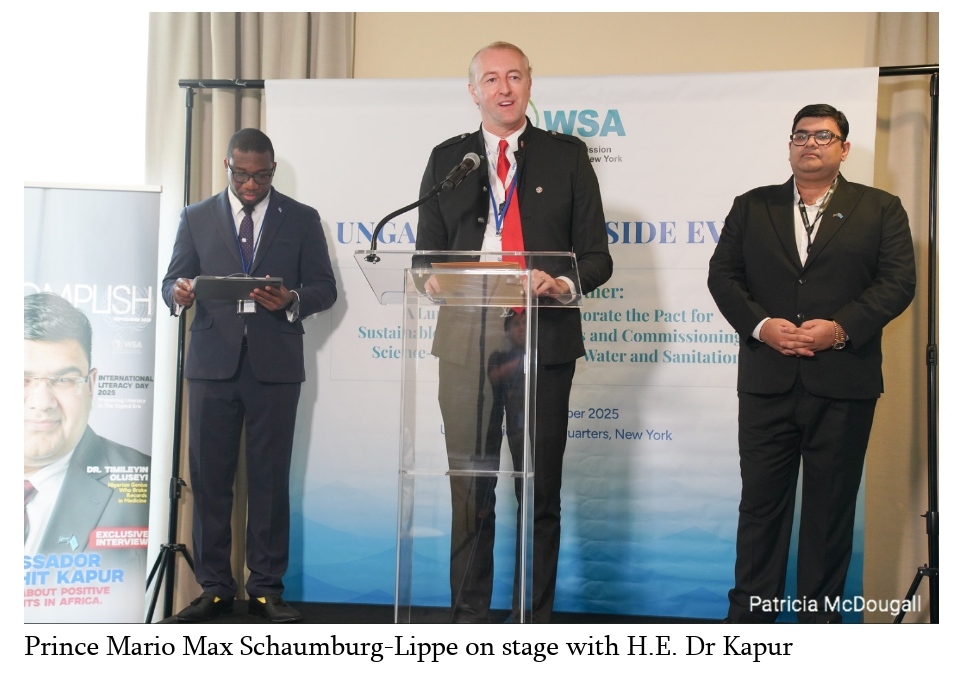
A Vision for a Water-Secure Future
The centerpiece of the event was the keynote address by His Excellency Dr Nabit Kapur, the Permanent Observer for WSA to the United Nations. In his address, H.E. Dr Nabhit Kapur spoke clearly and passionately, outlining the mission’s foundational pillars and strategic vision with determination.
“In March this year, I presented my credentials to the Secretary-General, and the responsibility to reposition policies. Challenges and gaps in access to clean water and sanitation became very heavy on my shoulders,” Dr Kapur shared. “Yet the zeal and determination kept boiling.”
He detailed the mission’s conceptual framework, which focuses on a vision for Africa’s water future, a pact for sustainable development, and a strong alignment with SDGs 6 and 13. He stressed that despite ongoing efforts, the water crisis remains a monumental challenge, exacerbated by climate change, population growth, and chronic underinvestment in infrastructure. The solution, he argued, lies in a science-based pact that integrates research, policy, innovation, and diplomatic collaboration.
“With less than five years until the end of the 2030 agenda, embracing science-based solutions can create a more sustainable and equitable future for all,” he stated.
Dr Kapur also uniquely connected the issue to his background as a mental health advocate, highlighting the profound psychological toll of water insecurity.
“The mission allied psychological well-being to environmental justice rooted in challenging issues of unclean water and sanitation.”
His speech culminated in a powerful call to action: “The time is now to consider the damaging harm to human existence rooted in the lack of access to clean water and adequate sanitation. The time is now to consider the continued havoc of angered water destroying lives, and the time is now to utilize the science-based solution in innovation and technology.”
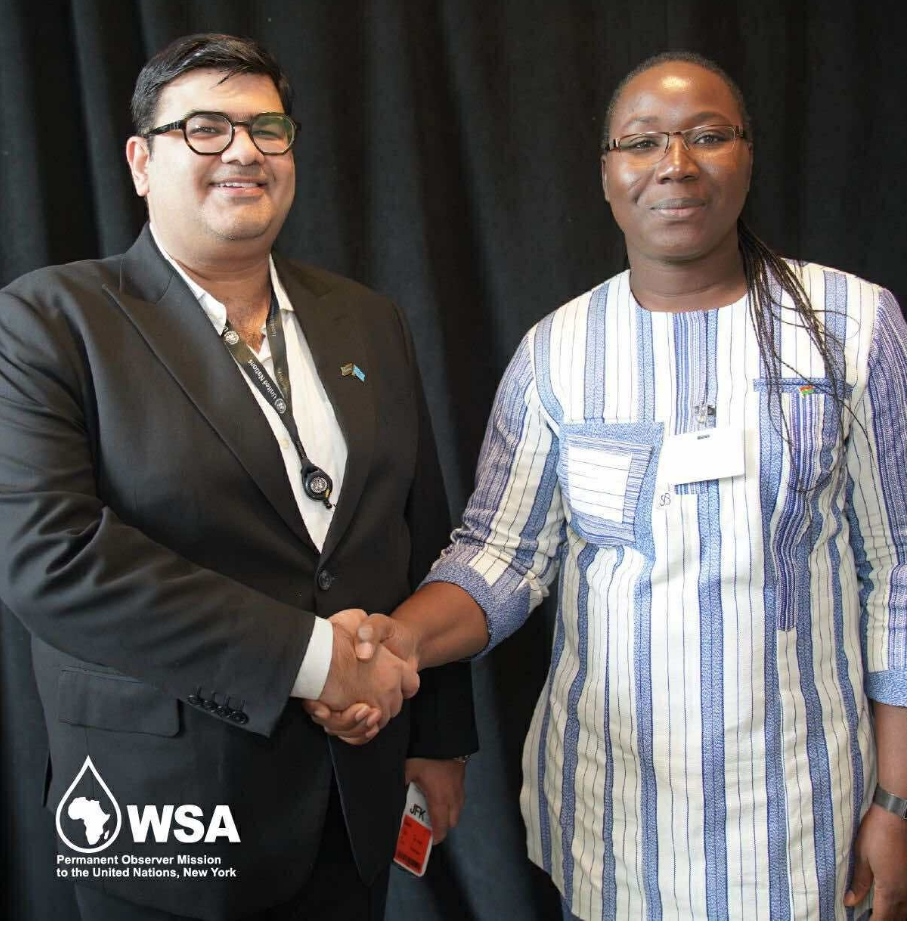
Prince Mario Max Schaumburg-Lippe of Germany took the stage next to present H.E. Dr Kapur with the “Diplomat of the Year 2025” award, citing his tireless work ethic, sincerity, and unparalleled success in connecting people and organizing impactful events. Awards were also presented to Dr Ada Ezoka as “Author of the Year” and to Dr Hong Tao-Tze as “Peacemaker of the Year,” further elevating the event’s prestige.
A Plenary of Ministerial Commitment
The core of the event was the official unveiling and commissioning of the science-based solution for the pact, a moment symbolically led by a panel of high-level government ministers. Their presence signaled strong political will and a commitment to translate the pact’s principles into national policy.
Honorable Frederick Stevenson, Minister of Foreign Affairs for St. Vincent and the Grenadines, brought the perspective of a Small Island Developing State (SIDS). He spoke of how prolonged droughts and volcanic ash have contaminated reservoirs, making resilience a necessity.
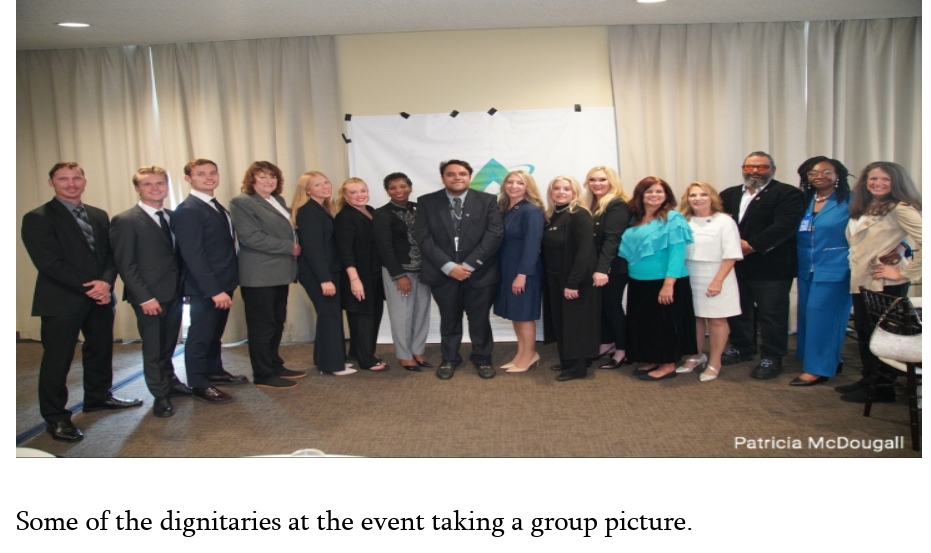
“These realities illustrate the urgency for resilient science-driven solutions,” he said, pointing to successful rainwater harvesting and solar-powered pumps as tangible examples of progress.
Honorable Bakari Badjie, Minister of Youth and Sports for The Gambia, brought a broader context of global challenges. “No single nation can stand alone,” he asserted, highlighting how climate change directly impacts agricultural livelihoods in his country. He called for the pact to become a framework of action, not just principles, by scaling up climate financing and reforming international financial architecture to give developing nations a fairer voice.
Honorable E.P. Chet Green, Minister of Foreign Affairs for Antigua and Barbuda, offered a powerful case study in science-based action. Facing severe recurring droughts, his nation turned to the ocean for relief. “Through significant investment in reverse osmosis technology, we are curing the malady of water shortages by tapping into the abundance of the sea,” he explained. He proposed a three-pillar approach for global action: data-driven innovation, sustainable financing through strategic partnerships, and localized implementation with community co-design.
The ministers’ interventions were a powerful testament to the shared struggles and shared solutions that bind nations across the Global South. Their collective endorsement of the pact provided the political momentum needed to move the initiative from dialogue to action.
Diverse Perspectives on a Unified Goal
The event was enriched by a series of concise yet impactful presentations from experts across various fields, each contributing a unique lens to the multifaceted challenge of sustainable development.
Stephanie Crowe, CEO of LearnNet, introduced “The Habit Code,” arguing that lasting change depends not on knowledge, but on ingrained behaviours. “Habits are the bridge between knowing and doing,” she said, “and doing is what our world so desperately needs.”
Professor Ignatius Okafor, a Nigerian-born physicist, offered concrete technological solutions. He dismissed the catalogue of reasons for failure and instead proposed practical, scalable technologies, such as atmospheric water gathering powered by solar energy. “We cannot sit around. We must do something now under our watch,” he urged.
Honorable Monica Musanza, Uganda’s Minister for Science, Technology and Innovation, delivered a critical analysis of the “technology economy.” She argued that for technology to be transformative, developing nations must move from being mere consumers to producers, retaining the economic value within their own countries. “It is possible for a country to be very technologically connected and economically disconnected,” she warned.
Samantha Taylor of Taylor Transformation brought a spiritual dimension to the discussion, speaking on “Soul Sustainability in the Age of AI.” She pointed out that true sustainability must nurture the human spirit and moral character, especially in an era of rapid technological advancement.
The day was punctuated by moments of reflection and peace, including a moving performance of “A Prayer for Peace” by the Federation for a World of Peace and Love (FOWPAL). The ceremony culminated in the ministers ringing the Bell of World Peace and Love, each making a personal wish for a more harmonious world.
Written by Olivier Noudjalbaye Dedingar, USA/UN Correspondent.


